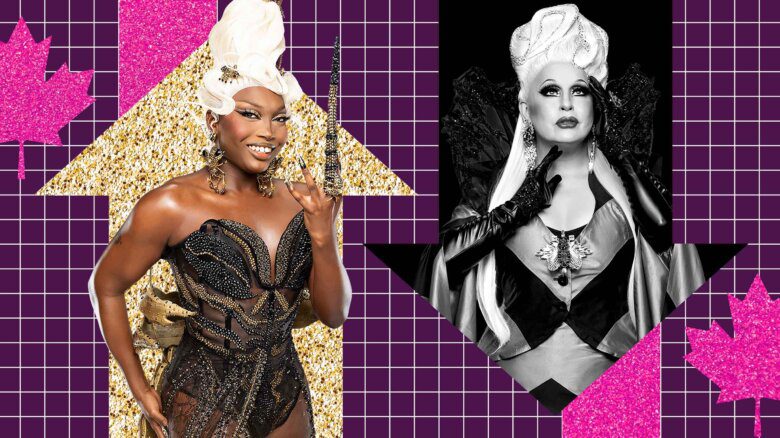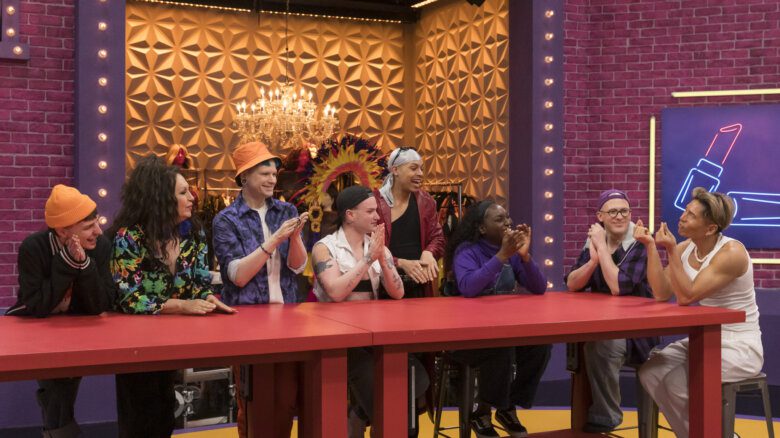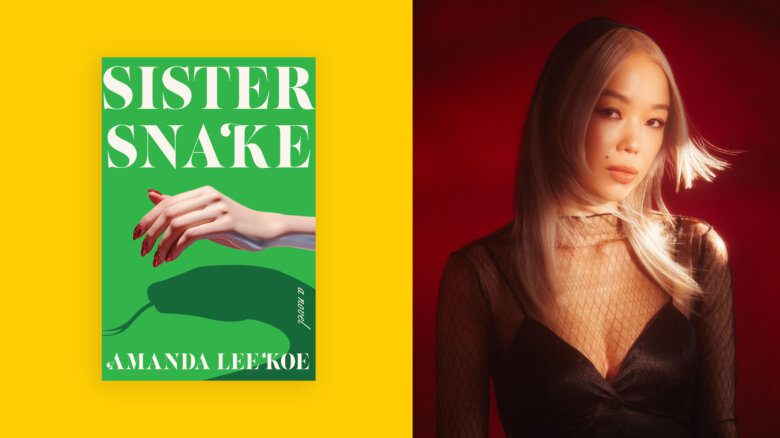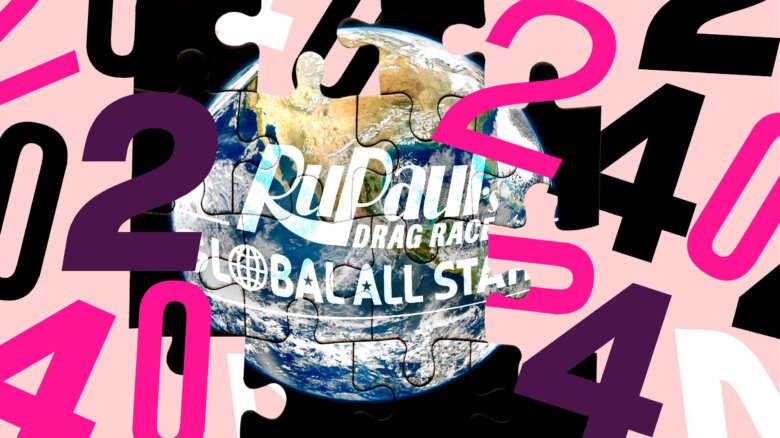‘If I can’t dance, I don’t want to be in your revolution.’
—Emma Goldman
Want to do something revolutionary?
Grab a dance partner, or two or three, without stopping to think about how others might judge your sexual orientation or gender identity.
Step out onto the dance floor. Wrap your arms around each other. It doesn’t matter if your palms are sweaty or your rhythm is off. Savour the feeling of your bodies pressing together. Lose yourself in the music.
Though it may not be as newsworthy as a protest march, dancing is an important part of queer history and activism.
The Stonewall Inn, site of the momentous 1969 riot where our people fought back against homophobia, was the only gay bar in New York where dancing was allowed. Imagine what it must have felt like for the men and women who frequented the place to dance cheek-to-cheek with their lovers (which they must’ve done, even though they were under constant threat of violent police raids).
Almost 40 years later, despite all the significant social progress that we’ve enjoyed as a queer community, dancing is still a revolutionary act, a way queers take up space, flirt, express joy, show off dance moves, outfits, and bodies of all shapes, sizes, and abilities. It’s how we make ourselves visible at bars and proms and wedding receptions. Dancing allows us to look across a crowded dance floor and think, “I am not alone.”
We created The Odd Ball as a way to foster this feeling of community.
Back in 2004 we surveyed the parties that made up the Vancouver Pride celebrations. We asked ourselves: Where was the East Van event? The alternative music? Lezzies, fags, genderqueers and breeders all in one room?
Where was the diversity our Stonewall generation had fought so hard for?
The Odd Ball was our answer to these questions. We, Amber Dawn, Brie Grey-Noble, Michael V Smith and Zena Sharman, founded the party four years ago with our then co-organizer Morgan Brayton.
Our goal was to host a low-cost East Vancouver dance party where our fellow odd balls —a diverse community of queers, transfolk, kinksters, artists, activists, allies, and a surprising number of librarians —could feel at home.
In the years since, our annual Pride and Halloween parties boomed, thanks to the support and efforts of our dedicated party-goers, performers, sponsors, community partners, and volunteers.
So what’s the recipe for a party that wins hearts and sells out every time?
Invite the best people you know. Include everyone who thinks ‘queer’ isn’t an ugly word. Welcome them in; approach everyone with a generosity you reserve for your friends. Give them permission to be goofy.
Make your partygoers responsible for creating their own fun; give them the venue to do so. Share the party. Make it affordable and accessible. Put it in your neighbourhood. Invite community groups in. Don’t expect artists to work for free. Treat your volunteers and performers well (feed them, give them free water, compliment their outfits, help them get laid).
The last Odd Ball —Die, Odd Ball! Die!!! —was held on Oct 31. People keep asking us why we retired such a popular party. The short answer is: we wanted to end on a high note.
The long answer is: a lot can happen in four years. Since founding the party we’ve started school, finished school, fallen in love, fallen out of love, gotten jobs, quit jobs, moved apartments, and one of us moved cities.
With 400-500 people turning out for a 250-person venue, we either would have had to sacrifice the intimate size of the party or disappoint a host of people by turning them away. We don’t want to lose our momentum or passion for The Odd Ball, so we’re calling it quits. We’re making room for what comes next. (Who’s next?)
We’re doing it with heavy hearts, because it means the end of an era. The Odd Balls are always some of the most magical (and colourful!) nights of our year.
One Halloween, wearing nothing more than booties and a diaper, Michael V Smith had to bounce a very drunk and very salacious six-and-a-half-foot-tall cowboy out of the urinal.
Zena gets tears in her eyes when she remembers the Pride party where one of her dearest friends, a gay man who felt sad and out of place at a men-only Pride event, had an amazing time at The Odd Ball because it felt like home.
And she feels a bit of cheeky pride when she remembers the barely-out-of-the-closet Odd Ball volunteer who lost his gay virginity in a threesome after another of our parties!
Over the last four years, Amber Dawn has lost three pasties, one hair weave and countless pairs of panties at The Odd Ball; she has also discovered many of her favourite drag identities, including the infamous Horsey Girl. (Ah, the queer universe giveth and the queer universe taketh away!)
Brie, aka DJ Titz McGee, has cued the music for aerialists, stilt walkers, burlesque dancers, drag royalty, and even a troupe of synchronized swimmers.
We The Odd Ball thank everyone who has supported our parties over the years —the folks who waited hours in line (in the most incredible costumes!); the gifted performers who entertained us; the DJs who kept us dancing all night long; the dedicated, self-sacrificing volunteers who helped make the night run smoothly; the partners who donated prizes, advertising and their time; and the WISE Hall for being The Odd Ball’s home.
You are our Odd Ball family and we hope that you keep the party’s spirit alive in your hearts, in your communities and in your neighbourhoods.
Like the song that closed every Odd Ball says, “Don’t stop believing, hold on to the feeling.” And never take for granted that pressing your queer body against other queer bodies to the beat of your favourite song is a revolutionary act.

 Why you can trust Xtra
Why you can trust Xtra


